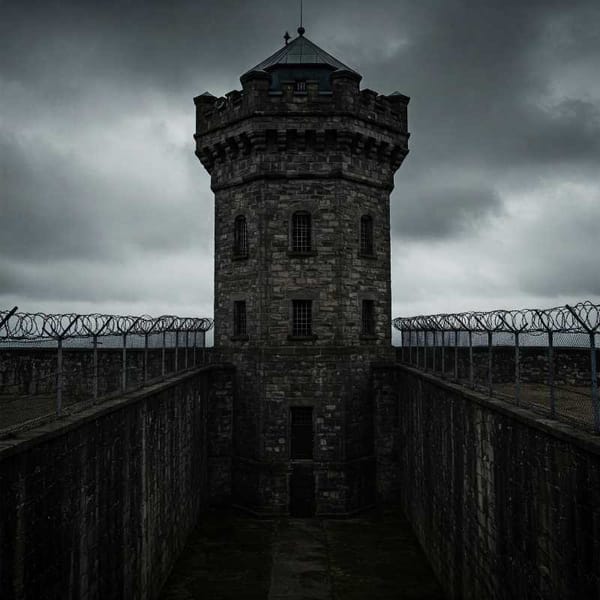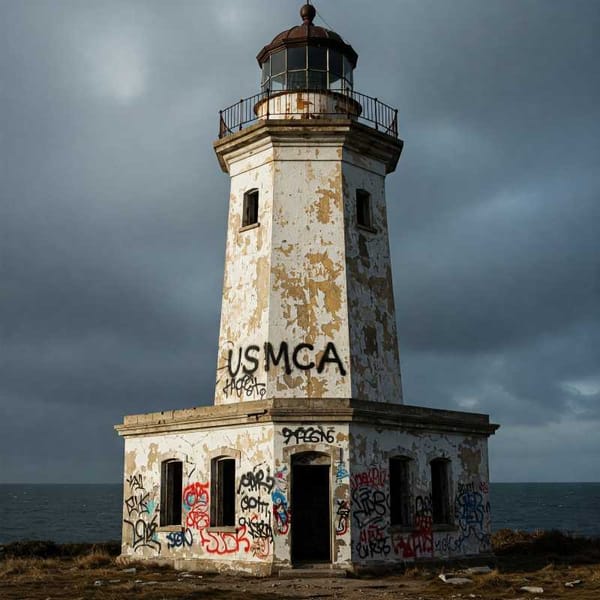Salvador Alvarado, one of the great statesmen of the Mexican Revolution
During his government in Yucatan, Salvador Alvarado was one of the most outstanding ideologues and generals of the Mexican Revolution with socialist ideas.

During his government in Yucatan, Salvador Alvarado was one of the most outstanding ideologues and generals of the Mexican Revolution with socialist ideas.


Mexico debates banning genetically modified corn to protect native varieties and heritage. A key distinction is made between natural and lab-created modifications. Agriculture Secretary Berdegué hints at accepting changes mimicking nature

Tabasco's prisons are severely overcrowded, ranking among Mexico's top ten. Facilities hold 4,196 inmates, far exceeding capacity. The Villahermosa prison is the most saturated, holding 477 more inmates than designed.

Surveillance operations targeting 'Los Chapitos' and 'El Mayo' factions, revealed in leaked documents, highlight the complex interplay of security and sovereignty in the US-Mexico relationship.

Trump threatens 25% tariffs on steel/aluminum, hitting Mexico (80% of exports), Canada and Brazil. Carlos Slim warns of economic risks. Increased US border surveillance. Legal challenges expected. Infonavit sues over housing fraud.